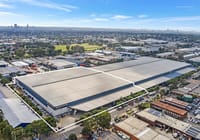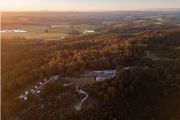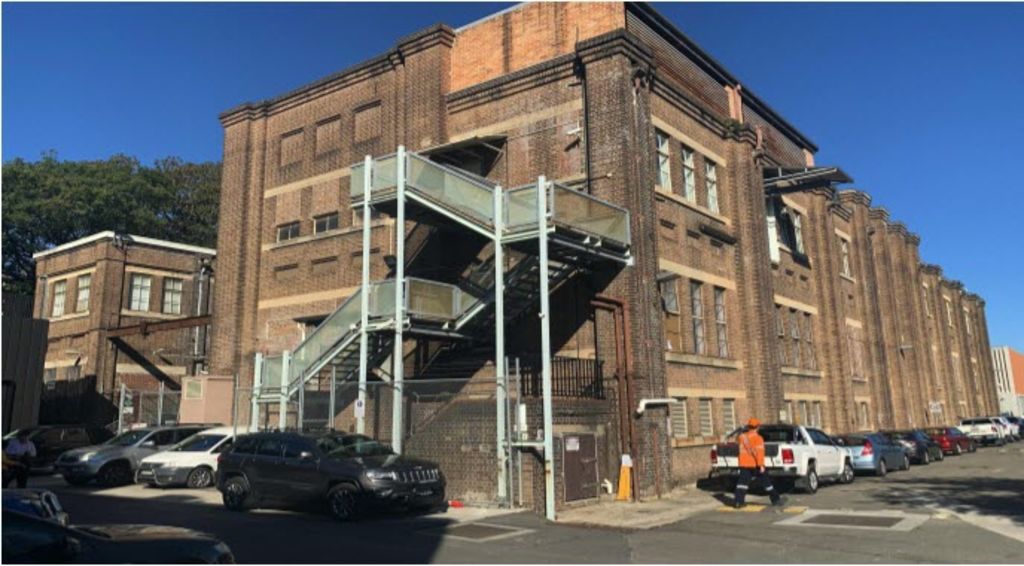
NSW government plans to convert the heritage-listed Prince Alfred substation and switch-house into office space
A proposed $5.8 million revamp of the former substation and switch-house at Sydney’s Central station would see the vacant heritage buildings become modern offices.
The proposal forms part of the NSW government’s plan to redevelop the Central station area into the country’s leading technology precinct.
Wedged between the railway yards and Prince Alfred Park, the three-storey substation and two-storey switch-house were constructed in 1925 when Sydney’s inner suburban railways were expanded and electrified.
The buildings are now vacant, having been decommissioned in 2019 and replaced by the Chalmers Street and Lee Street substations.
In a development application lodged last month, the transport department unveiled plans to renovate the existing buildings for use as commercial premises operating between 7am and 10pm daily.
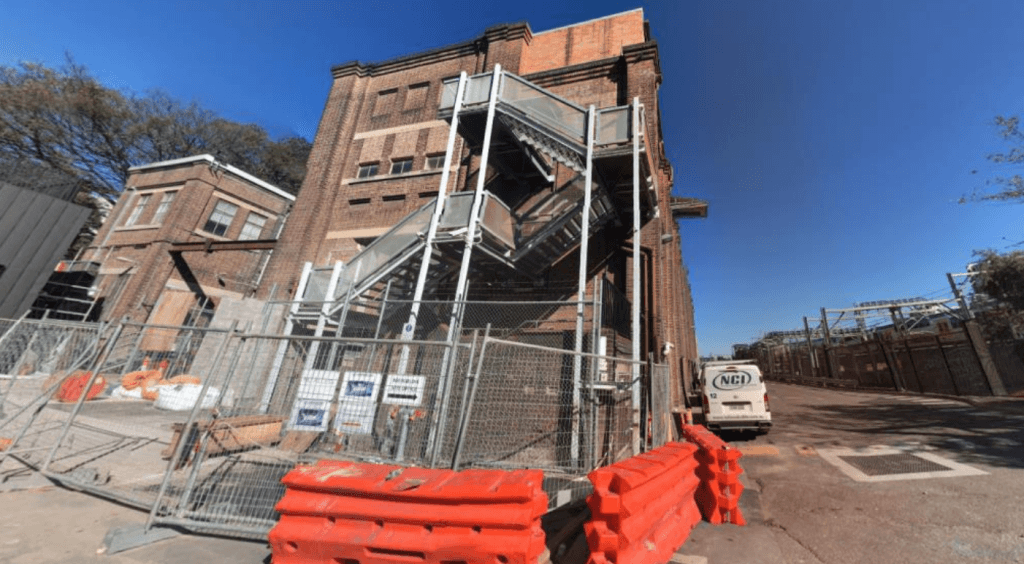
The proposed renovations would create 1800 square metres of commercial space with modern fixtures and finishes, and accessibility improvements including a new lift, stairs and pedestrian access to Prince Alfred Park.
A spokesperson for Transport for NSW said the proposed changes “will ensure that the building is fit for use as a commercial space while protecting important heritage elements”.
More details about the redevelopment would be announced as plans progress, the spokesperson said.
Tenants for the project have not yet been determined.
Stretching from Central Station to Camperdown, “Tech Central” would deliver 250,000 square metres of office space, including 25,000 square metres of affordable space the government has promised for start-ups and scale-ups.
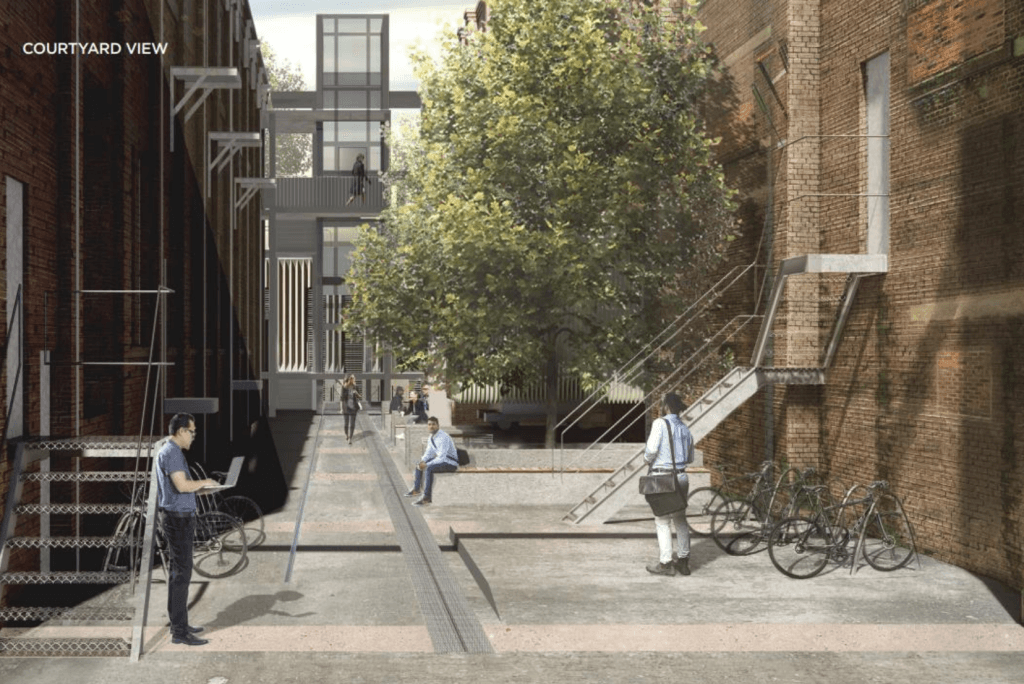
Tech behemoth Atlassian is building a $1 billion, 40-storey office tower next to the railway to serve as the new company headquarters, while Dexus and Frasers are planned a $2.5 billion redevelopment next door.
Despite their opposition to several other proposals at Central Station, heritage advocates have backed the revamp of the switch-house and substation for retaining their heritage significance.
National Trust of NSW director David Burdon expressed concerns the Western Gateway precinct, where the government approved rezoning to allow buildings up to 206 metres high, would destroy a large amount of original heritage fabric and overshadow the clock tower and Railway Square.
But Mr Burdon praised the plans for the re-use of the substation for showing what “can be achieved when heritage is taken as a starting point in any project.”
“It engages with its context, retains its significance, breathes new life into an existing building and creates a unique office environment that will, in turn, inspire creative approaches to its future occupants,” he said.
“Such outcomes are not only good in heritage terms, but also make environmental sense by preventing demolition and encouraging adaptive re-use.”
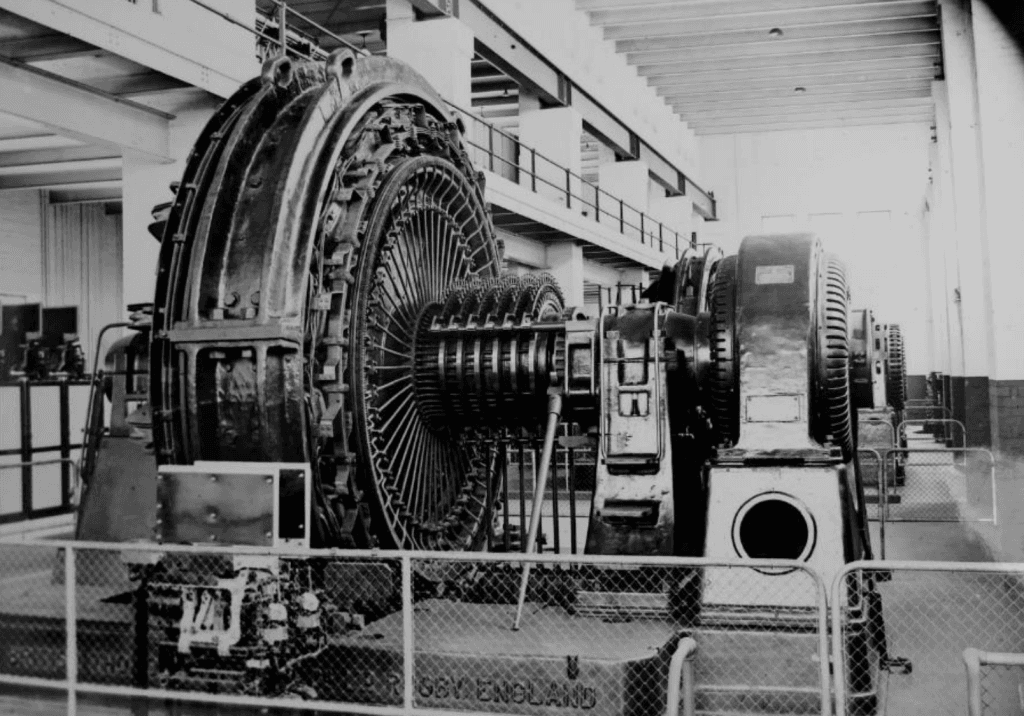
The development would preserve the buildings’ facades but add a bridge to connect the two buildings and a lift, designed in an industrial style to match the site’s heritage.
There are also plans for an outdoor area for staff working in the building, including 20 bicycle spaces, pathways and gardens.
The City of Sydney would not comment on the proposal because the development application was still being assessed.





